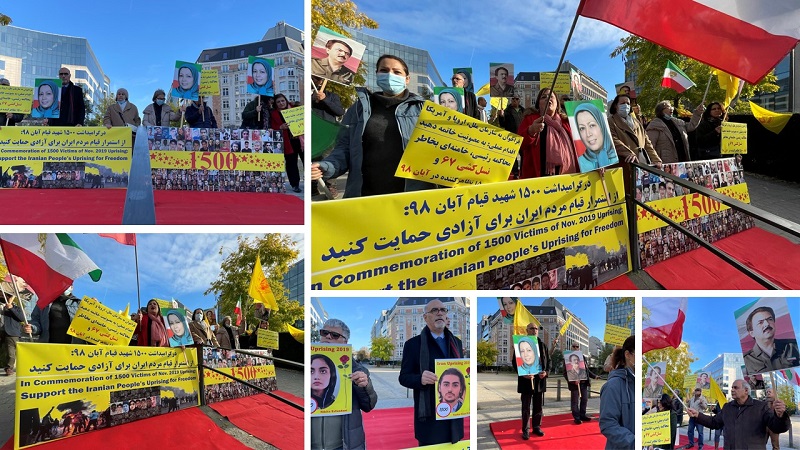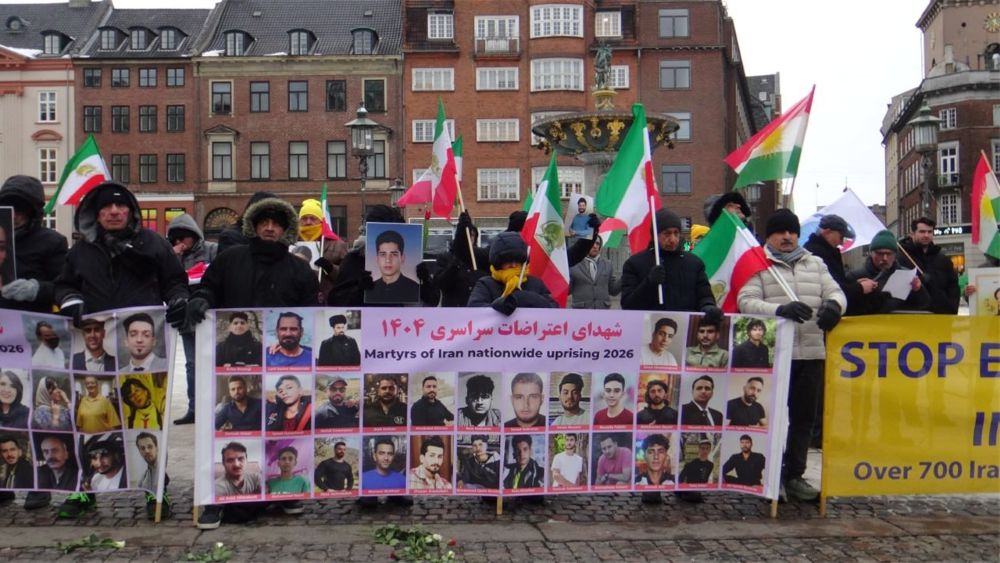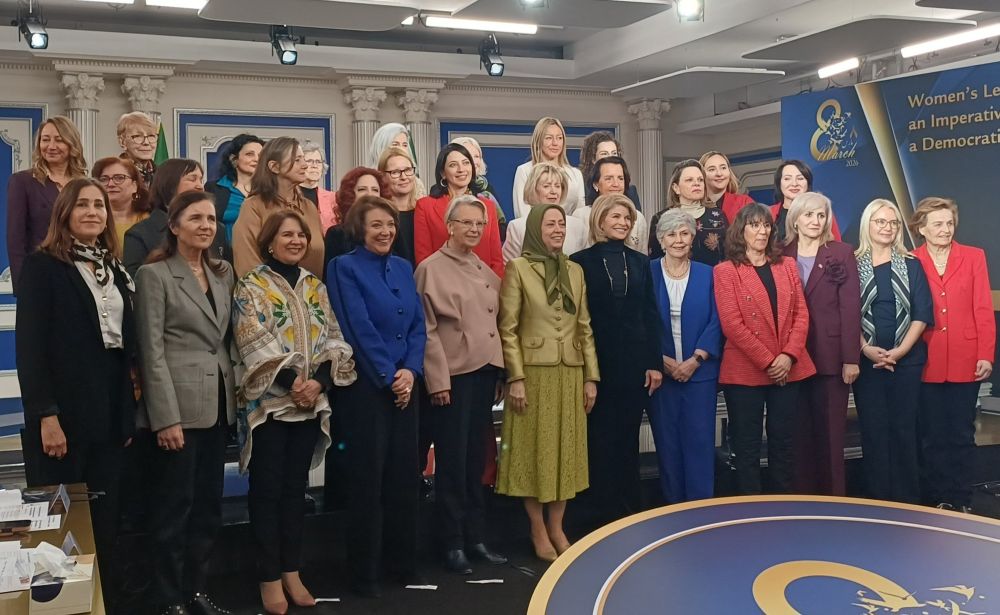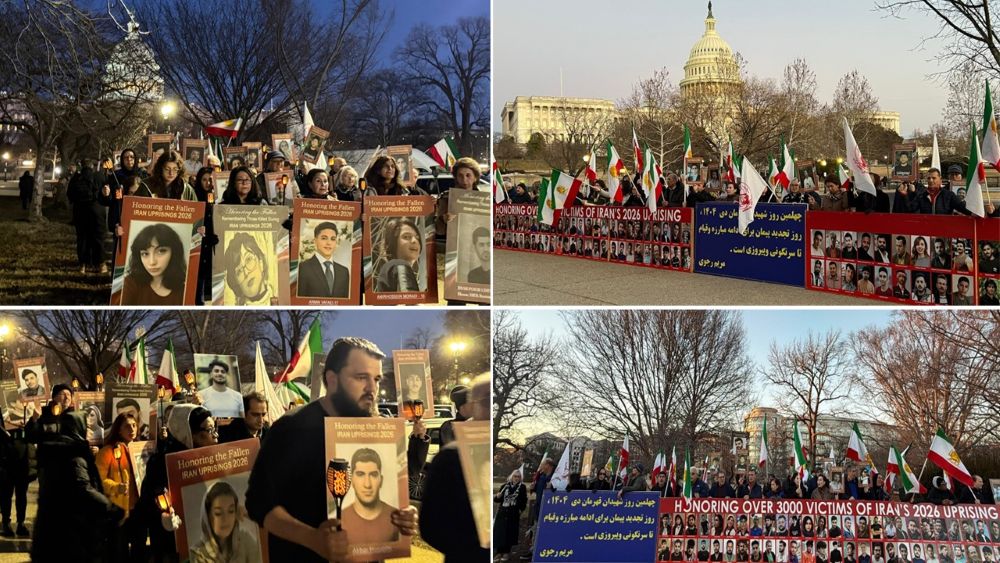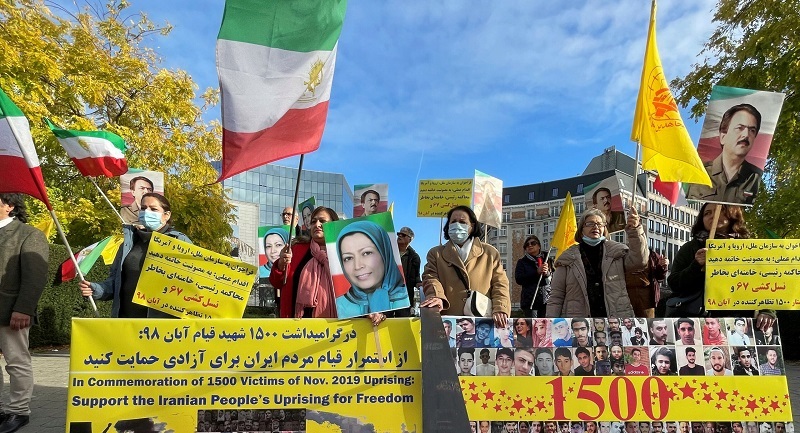
On the eve of the second anniversary of the November 2019 national uprising, Iranians, supporters of the Iranian resistance (MEK and NCRI) gathered in Brussels, Belgium, to commemorate the uprising and its martyrs.
The report of this gathering, which was published on the website of the Iranian-Belgian Society, can be read below:
In the anniversary of the November 2019 uprising in Iran, supporters of the National Council of Resistance of Iran(NCRI) rallied in Brussels and other EU capitals. Iranians in Brussels carried banners and signs with the pictures of the martyrs of the uprising.
They also hold pictures of NCRI president-elect, Mrs. Maryam Rajavi, who has described that Raisi’s ascension to the presidency as “the litmus test of whether [the international community] will engage and deal with this genocidal regime or stand with the Iranian people.”
The anniversary of the 2019 uprising is another reminder of that test, and will surely be presented to the international community as another opportunity to hold the regime and its officials accountable for historic and ongoing human rights abuses and crimes against humanity.
The November 2019 uprising encompassed nearly 200 Iranian cities and towns and featured stark anti-government slogans such as “death to the dictator” as well as statements rejecting both the “hardline” and “reformist” factions of the regime’s political structure.
In this sense, the uprising was widely recognized as a direct follow-up to a similar movement in January 2018, which involved more than 100 localities and featured many of the same slogans.
Ebrahim Raisi had been the head of the judiciary for several months by the time of the November 2019 uprising, at which point he played a major role in the regime’s almost unprecedentedly brutal response. Within only days of the November 2019 uprising breaking out, at least 1,500 people were fatally shot by IRGC forces.
The NCRI anticipates that the growth in unrest could lead to regime change, but it also recognizes that regime authorities will stop at nothing in its effort to hold onto power, and will potentially outstrip the abuses that were on display in November 2019, or even move toward the scale of devastation that was seen in 1988, when an estimated 30,000 political prisoners were killed over the course of about three months.
